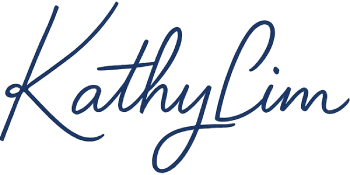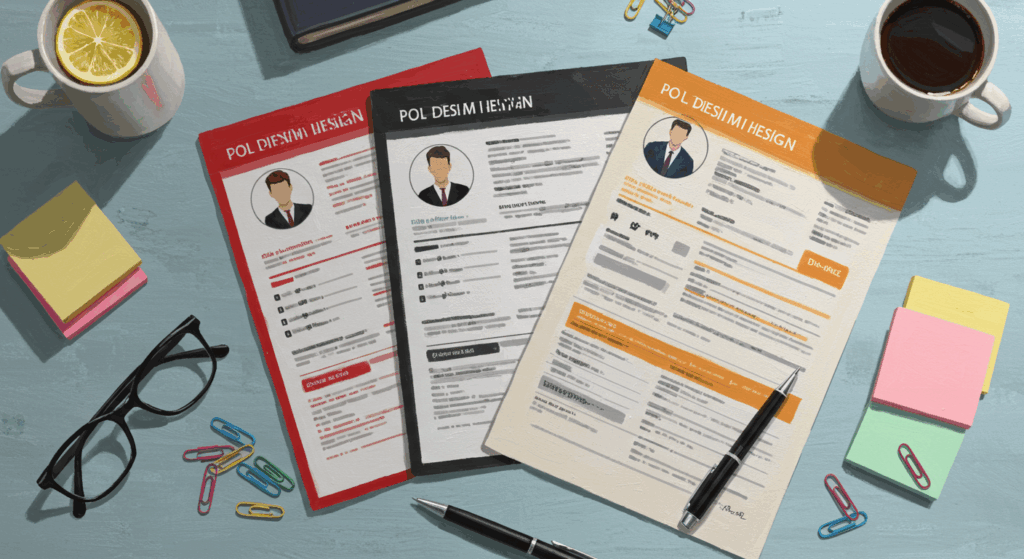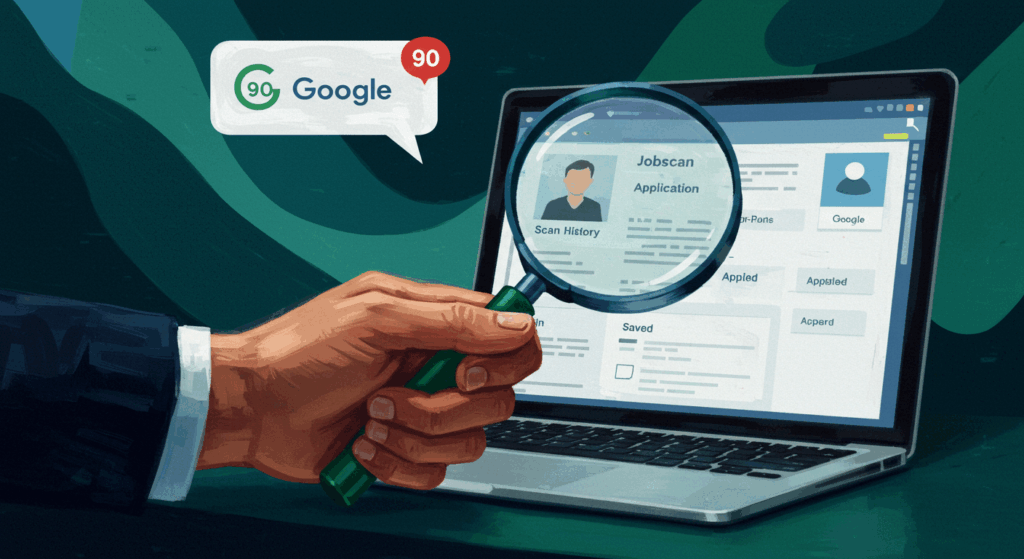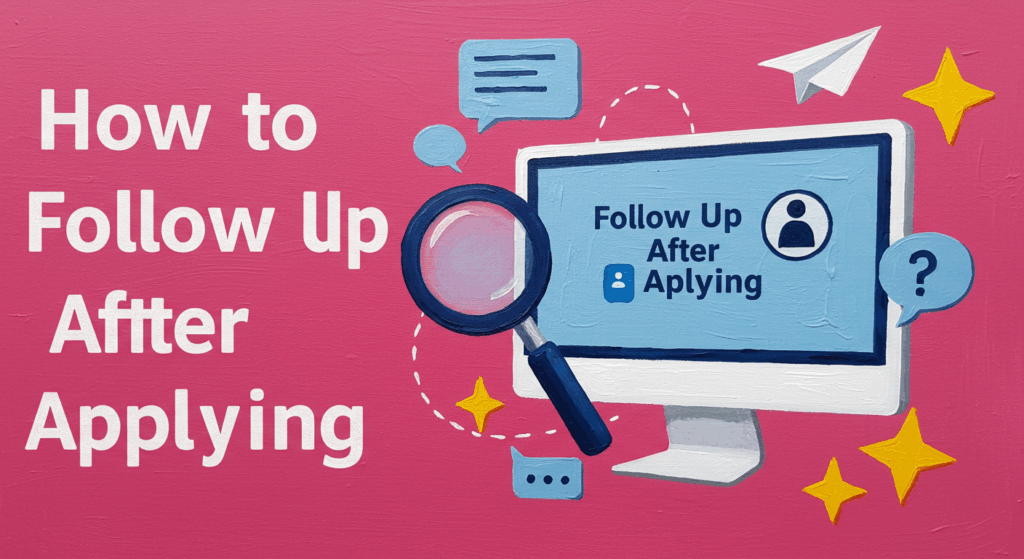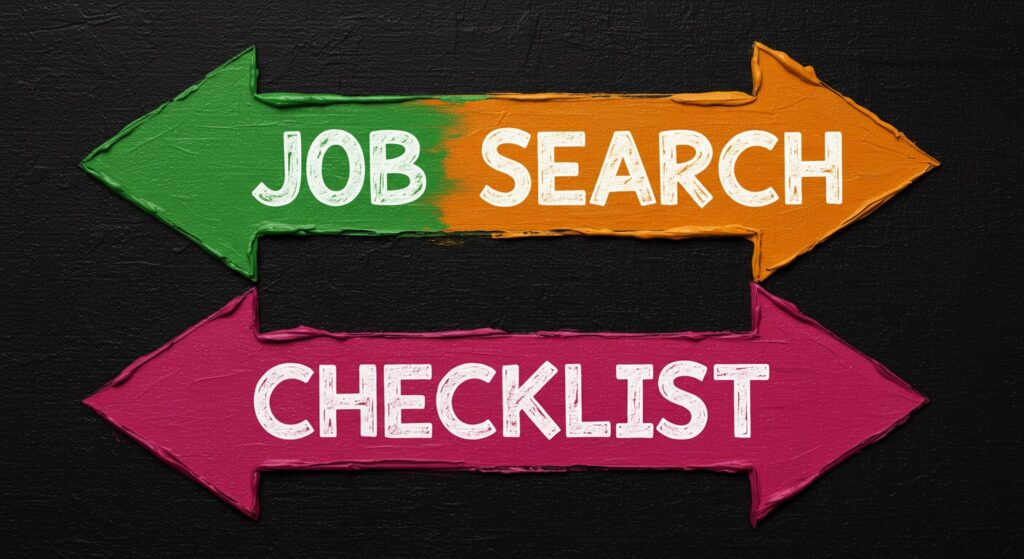Finding a job in 2025 can feel like you’re trying to solve a Rubik’s cube while blindfolded. We’ve all been there, staring at our laptop screen at 2 AM, wondering if we’ll ever hear back from that company we applied to three weeks ago.
But here’s the thing – I’ve been through this rodeo more times than I care to admit, and I’ve picked up some tricks along the way. Some worked like magic, others… well, let’s just say they taught me what not to do. So grab a coffee (or whatever keeps you sane these days), and let me walk you through what I’ve learned about actually getting hired.
The Harsh Reality of Job Hunting Today
First things firrst – let’s talk about what we’re really dealing with here. Job search in 2025 can feel a bit like navigating a maze blindfolded, especially with how quickly the working world is changing. Whether you’re fresh out of college or looking for a career pivot, the landscape has shifted big time.
Companies are drowning in applications. I’m talking hundreds of resumes for a single position. And yeah, AI has changed the game too – some roles are being automated, while others are evolving faster than we can keep up. Remote work is still a hot topic, but it’s also created more competition since geography isn’t limiting anyone anymore.
But before you throw in the towel, remember this: companies are looking for clear signals in a sea of applications. The key is learning how to be that clear signal instead of just another face in the crowd.
Your Resume: More Than Just a Piece of Paper
Let’s start with the obvious – your resume. But not in the way you think. I used to believe that one killer resume would work for everything. Boy, was I wrong.
Tailoring Is Everything (And I Mean Everything)
Here’s what changed my game: tailor your résumé for each job you’re applying for instead of making a single generic résumé and hoping that it works for them all. I know, I know – it sounds like a lot of work. And honestly? It is. But it’s the difference between getting that interview call and wondering why your inbox stays empty.
Take 30 minutes before each application to really study that job posting. What keywords are they using? What skills are they emphasizing? Then mirror that language in your resume – but don’t just copy and paste. Make it authentic to your experience.
The ATS Monster
You’ve probably heard about ATS (Applicant Tracking Systems) – those robots that scan your resume before human eyes ever see it. They’re not going anywhere, so we need to play nice with them. Use simple formatting, include relevant keywords naturally, and for the love of all that’s holy, save your resume as both a PDF and a Word doc. Some systems prefer one over the other.
But here’s a pro tip that took me way too long to figurw out: read the job description out loud. Seriously. If it sounds like they’re looking for someone who “drives initiatives,” don’t say you “lead projects.” Use their language.
The Power of Networking (Even If You’re an Introvert)
Okay, let’s address the elephant in the room. When people say “it’s all about who you know,” your first instinct might be to roll your eyes. I get it. But networking isn’t about schmoozing at fancy cocktail parties – it’s about building genuine relationships.
Start With Who You Already Know
Your network is bigger than you think. That college roommate who works in tech? The neighbor who mentioned they’re hiring? Your cousin’s friend from yoga class? These connections matter more than you realize.
But here’s the crucial part: never openly ask for an interview. Instead, ask questions to find whether the company, its culture, and its employees are a fit for you. Approach networking conversations with curiosity, not desperation.
The Informational Interview Game-Changer
This was my secret weapon, and it might be yours too. Reach out to people working in companies or roles you’re interested in and ask for 15-20 minutes of their time to learn about their experience. Not to ask for a job – just to learn.
Call a company you’re interested in working for and ask for an informational interview. Go with the intent of getting to know the company and potential hiring managers instead of planning to ask for a job.
I’ve landed two jobs this way, and both times, the hiring manager mentioned that they remembered our conversation when my application came through official channels.
Social Media Actually Matters
LinkedIn isn’t just for people in suits anymore. Clean up your profile, share industry articles, comment thoughtfully on posts. You don’t need to become a thought leader overnight, but showing that you’re engaged in your field makes a difference.
And please, for everyone’s sake, Google yourself and make sure the first page of results won’t make a hiring manager question your judgment.
Where to Actually Look for Jobs
This might sound basic, but hear me out – don’t limit yourself to just one platform. Set up alerts on multiple job search sites and company career pages. I use Indeed, LinkedIn, and industry-specific boards, but I also check company websites directly. Sometimes they post there first.
The Hidden Job Market
Here’s something that blew my mind when I first learned it: tons of jobs never get posted publicly. Companies fill them through referrals, internal promotions, or by reaching out to specific candidates. This is where that networking we talked about becomes crucial.
Industry events, both virtual and in-person, are goldmines. Job fairs and industry events, whether virtual or in-person, are essential resources for job seekers. These events offer direct access to multiple employers and you get to have actual conversations instead of disappearing into an applicant tracking system.
Don’t Sleep on Company Research
Dig in deep with the company and learn about its history, values, mission, team, reputation, and more. Head over to the business’s website and read its “About” page. This isn’t just for interview prep – understanding a company’s culture and values helps you target the right places and avoid wasting time on bad fits.
Nailing the Interview (Without Losing Your Mind)
Alright, you’ve gotten the interview. Congratulations! Now don’t mess it up. Just kidding – sort of.
Preparation Is Your Best Friend
I cannot stress this enough: prepare like your career depends on it (because, well, it kind of does). Research the interviewers on LinkedIn, practice your answers out loud, and have specific examples ready that demonstrate your skills.
The STAR method (Situation, Task, Action, Result) isn’t just corporate jargon – it actually works for structuring your responses. Practice a few stories that you can adapt to different questions.
The Small Stuff That Makes a Big Difference
Smiling and making eye contact during a job interview shows that you’re confident, engaged, and interested in the position. It also conveys that you’re friendly and easy to talk to – two qualities that are always valued in the workplace.
This might sound obvious, but I’ve seen people forget these basics when they’re nervous. Practice in the mirror if you need to. And if it’s a video interview, look at the camera, not the screen – it makes a huge difference in how engaged you appear.
Questions to Ask (That Actually Matter)
Always, always have questions ready. But make them good ones. Instead of “What’s the culture like here?” try “Can you tell me about a recent challenge the team faced and how they handled it?” or “What does success look like in this role after the first 90 days?”
These questions show you’re thinking beyond just getting hired – you’re already considering how you’ll contribute.
The Follow-Up Game
Here’s where a lot of people drop the ball. The interview doesn’t end when you leave the room (or close the video call). Send a thank-you email within 24 hours, but make it more than just “thanks for your time.”
Reference specific parts of your comversation, reiterate why you’re excited about the role, and if you forgot to mention something important during the interview, this is your chance to include it.
When Things Don’t Go According to Plan
Let’s be real – you’re going to face rejection. Probably more than once. I’ve been turned down for jobs I was absolutely perfect for, and I’ve been offered positions I wasn’t sure I deserved. The job search process isn’t always logical or fair.
Learn from the No’s
When you get rejected, and if they’re willing to give feedback, take it. Even if it stings. I once didn’t get a job because I came across as “too academic” in the interview. Was I offended? A little. Did I adjust my approach for future interviews? Absolutely.
Stay Flexible
Stay flexible by considering different job types, industries, and locations. Tap into your network and ask for introductions to hiring managers. Sometimes the perfect job comes in a package you weren’t expecting.
The Mental Health Side of Job Hunting
This is important – job searching is emotionally exhausting. Set boundaries for yourself. Maybe that means only applying to jobs on weekdays, or limiting yourself to five applications per day so you can actually tailor each one properly.
Celebrate the small wins: getting a phone screening, making it to the final round, even just finding a job posting that gets you excited. These matter more than you think.
Building Your Personal Brand
We talked about LinkedIn, but your personal brand goes beyond social media. By creating a personal blog or an online portfolio, you can showcase your best work and expertise and attract more potential employers.
This doesn’t mean you need to become a content creator, but having some way to showcase your work – whether it’s a simple portfolio site, a GitHub profile, or writing articles in your field – can set you apart.
The Long Game
Think about your career as a marathon, not a sprint. The job you get today might not be your dream job, but it could be the stepping stone to your dream job. Every role teaches you something, expands your network, and adds to your story.
The Skills That Actually Matter in 2025
Technical skills are important, obviously, but don’t underestimate the soft skills. Communication, adaptability, problem-solving – these are what make you promotable and, honestly, likeable to work with.
Navigating the job market in 2025 requires a blend of self-assessment, strategic job search materials, effective networking, and thorough interview preparation. It’s not just about what you know – it’s about how well you can communicate what you know and how you can adapt to change.
Continuous Learning
The fastest way to become irrelevant is to stop learning. Take online courses, attend webinars, read industry publications. Not just because it looks good on your resume, but because it keeps you sharp and gives you things to talk about in interviews.
Wrapping It All Up
Look, I wish I could tell you there’s a magic formula that guarantees you’ll get hired. There isn’t. But what I can tell you is that with patience and strategy, and a focus on quality over quantity, you’ll land the right role.
The job search process has changed a lot, and it’ll keep changing. But the fundamentals remain the same: be genuine, be prepared, be persistent, and treat people with respect along the way.
Remember, you’re not just trying to get hired – you’re trying to find the right fit. That company you’re interviewing with? They should be impressing you too. You’re evaluating them just as much as they’re evaluating you.
The job market might feel overwhelming sometimes, but here’s what I know for sure: thwre’s a role out there that needs exactly what you bring to the table. Your job (pun intended) is to make it easy for them to find you.
Now stop reading about job searching and go do it. You’ve got this.


